2025
Comparably’s Best Company Outlook
* Providing engineering services in these locations through SWCA Environmental Consulting & Engineering, Inc., an affiliate of SWCA.

From the experts we hire, to the clients we partner with, our greatest opportunity for success lies in our ability to bring the best team together for every project.
That’s why:
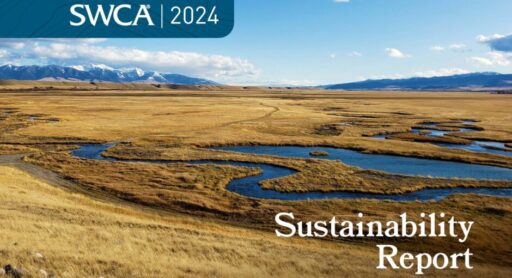
At SWCA, sustainability means balancing humanity’s social, economic, and environmental needs to provide a healthy planet for future generations.
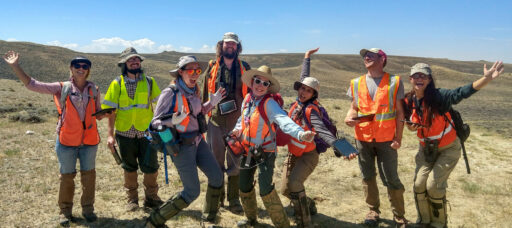
SWCA employs smart, talented, problem-solvers dedicated to our purpose of preserving natural and cultural resources for tomorrow while enabling projects that benefit people today.
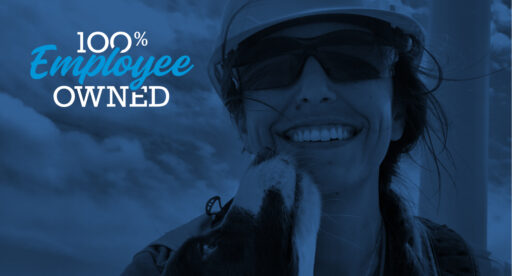
At SWCA, you’re not just an employee. You’re an owner. Everyone you work with has a stake in your success, so your hard work pays off – for the clients, for the company, and for your retirement goals.
Ecosystem Restoration
SWCA is a trusted restoration partner from design to completion and monitoring. Our technical experts provide tailored solutions to enhance ecosystem resilience through nature-based solutions in any geography.

For questions or further information, please fill out the form below.
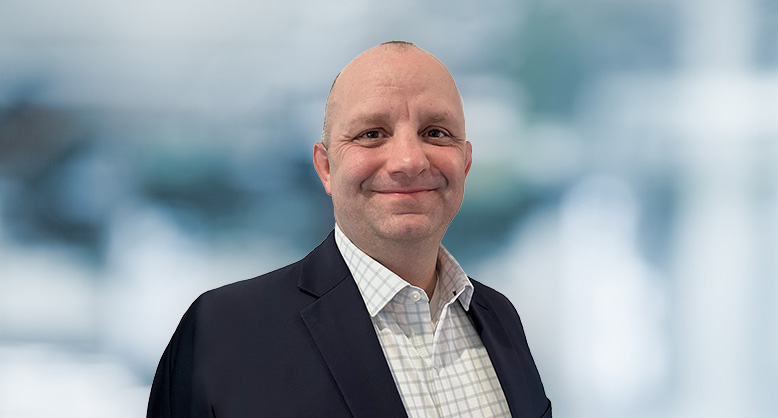

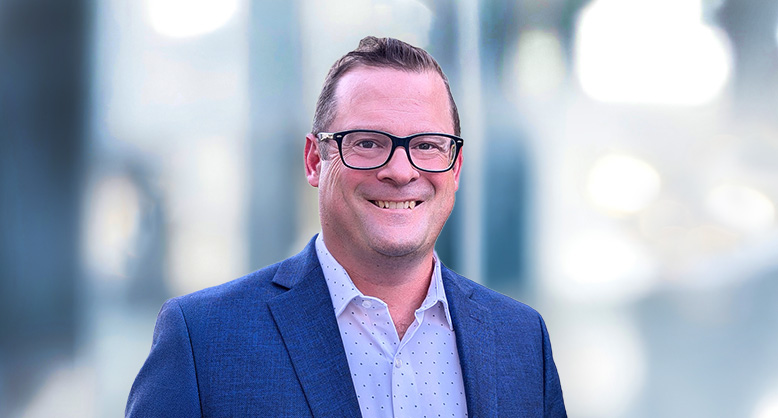
SWCA has served as a valued environmental resources partner to private and public clients in a range of geographies for more than 45 years. Our dedicated ecological restoration and engineering teams design, permit, and build environmental restoration projects. We have the expertise and the relationships necessary to seamlessly guide clients’ projects from inception to completion. With a strong record of project delivery, our experts help our clients achieve project goals through Sound Science and Creative Solutions.
Ecosystems, with their intricate web of interactions, have the inherent ability to buffer against the shocks of a changing climate. They provide a natural solution for the protection of wildlife, and against flooding, coastal degradation, and other disasters. When aligned with climate adaptation policies, ecological restoration can enhance the natural resiliency of communities. Our experts provide support for federal, state, and local agencies, private companies, and non-profits in conceptualizing and completing resilience projects, including nature-based solutions, no matter the size.
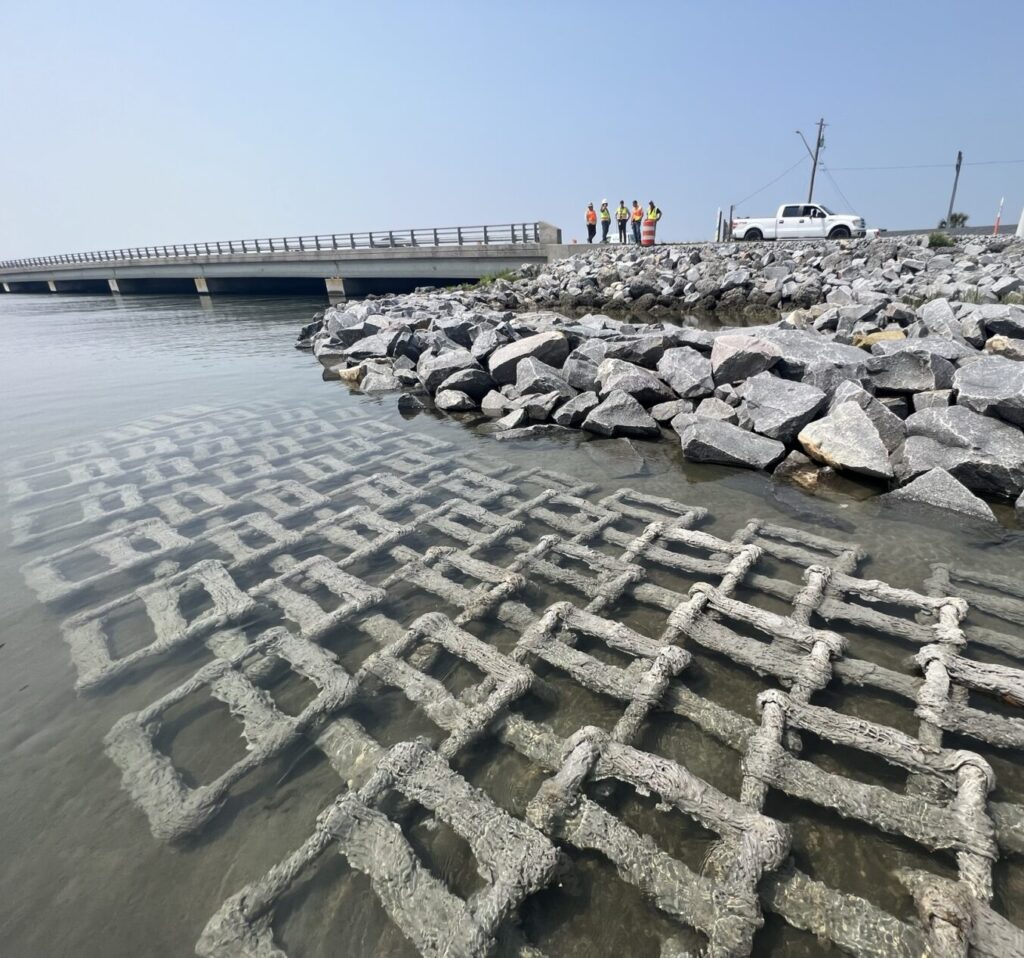

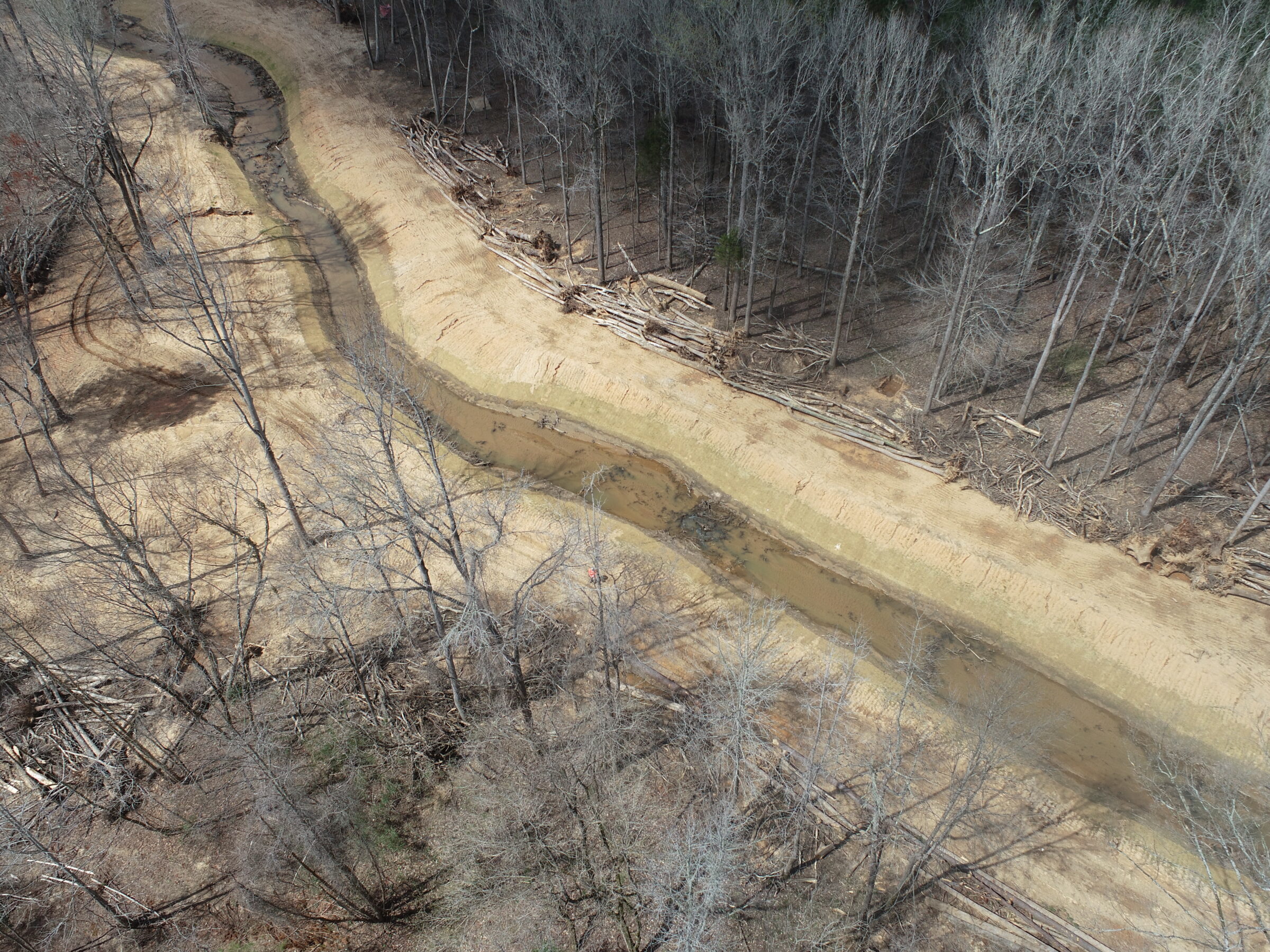
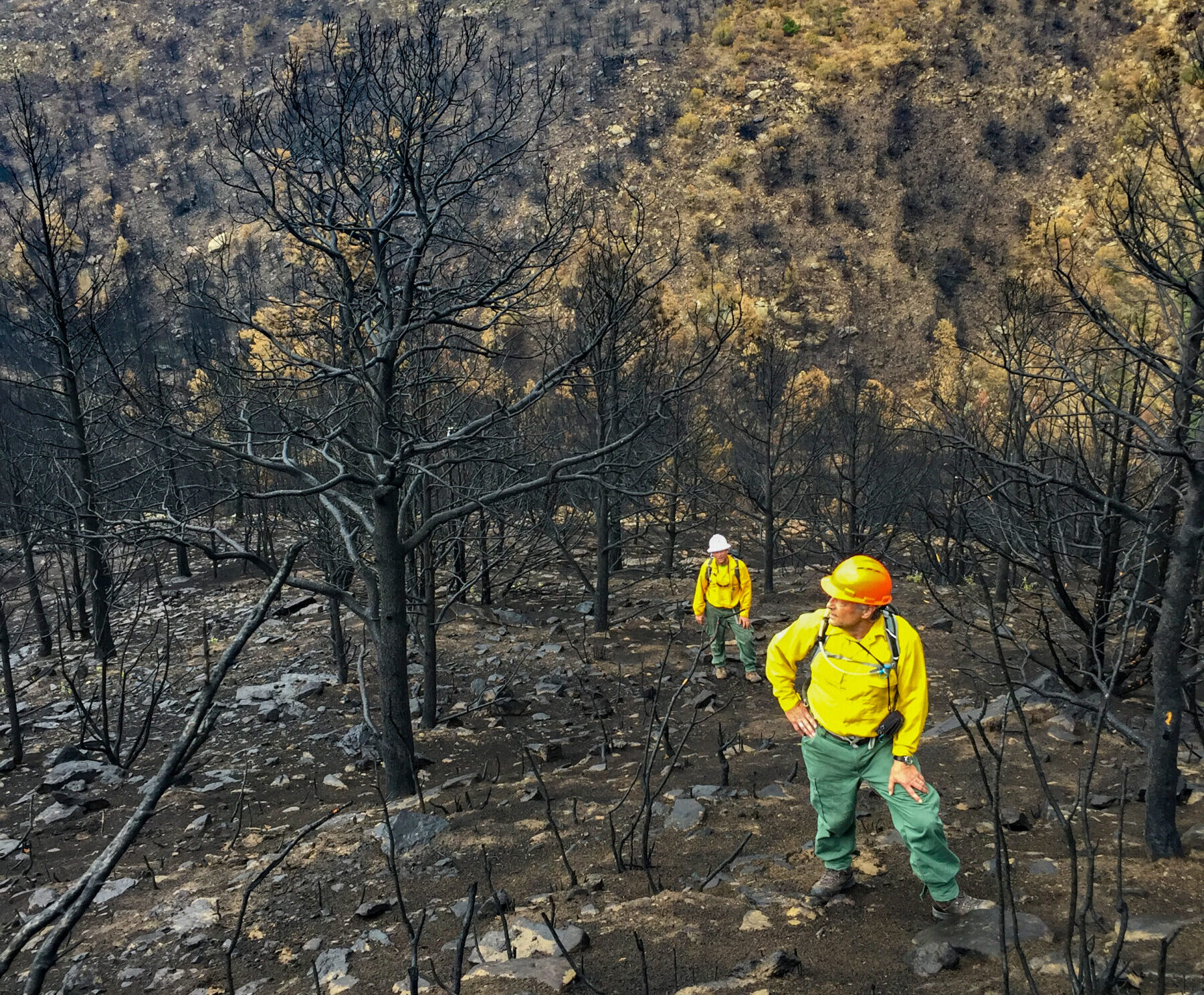
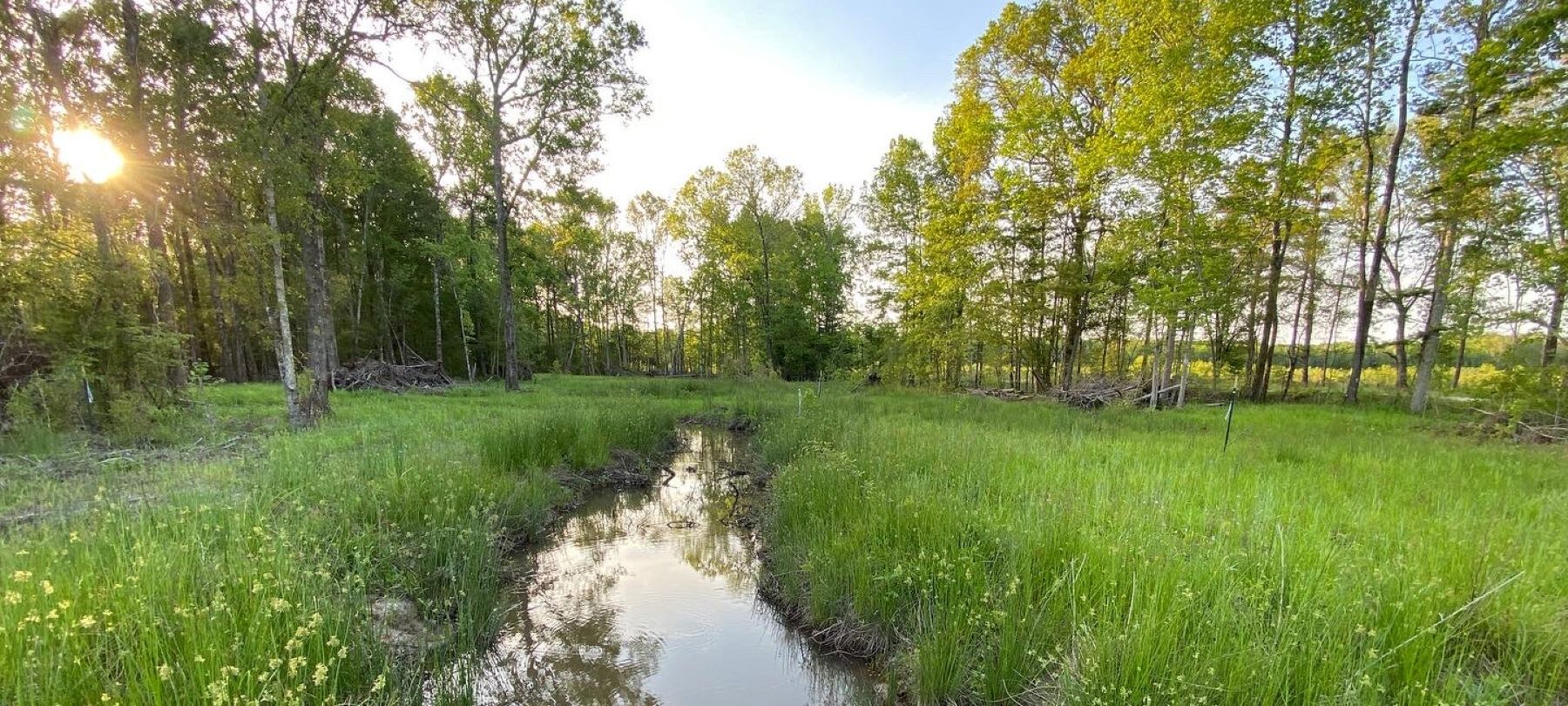
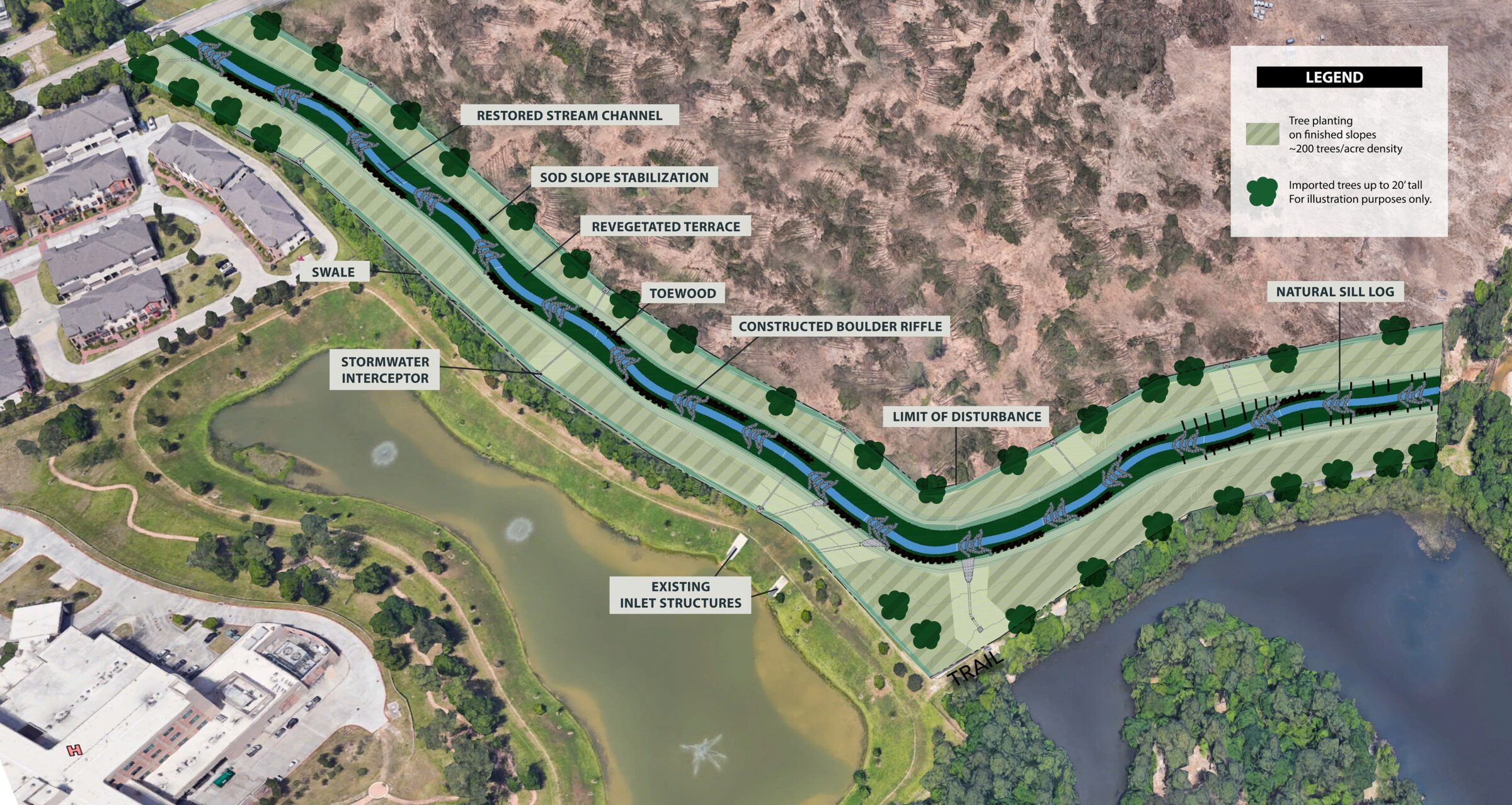
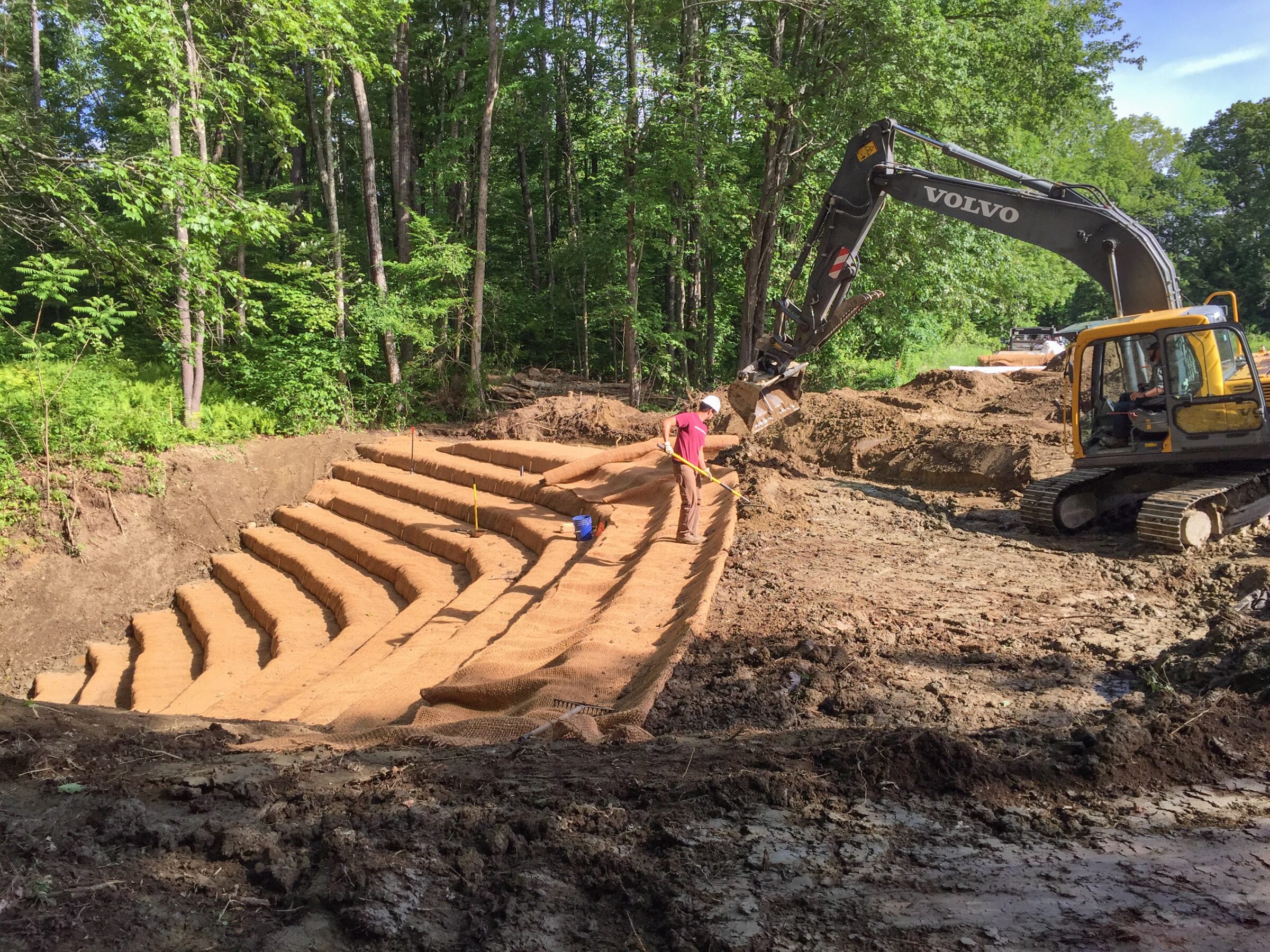
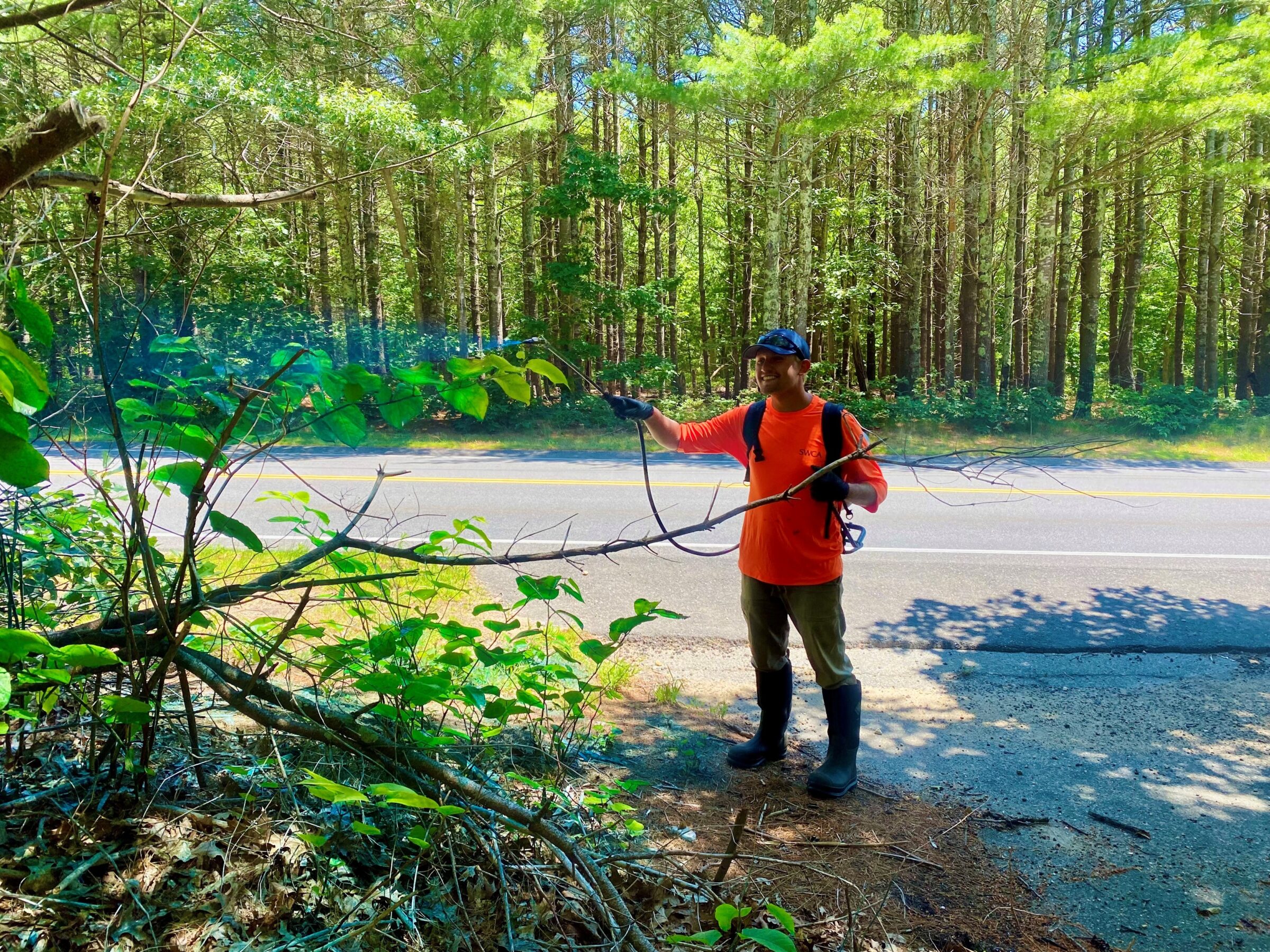
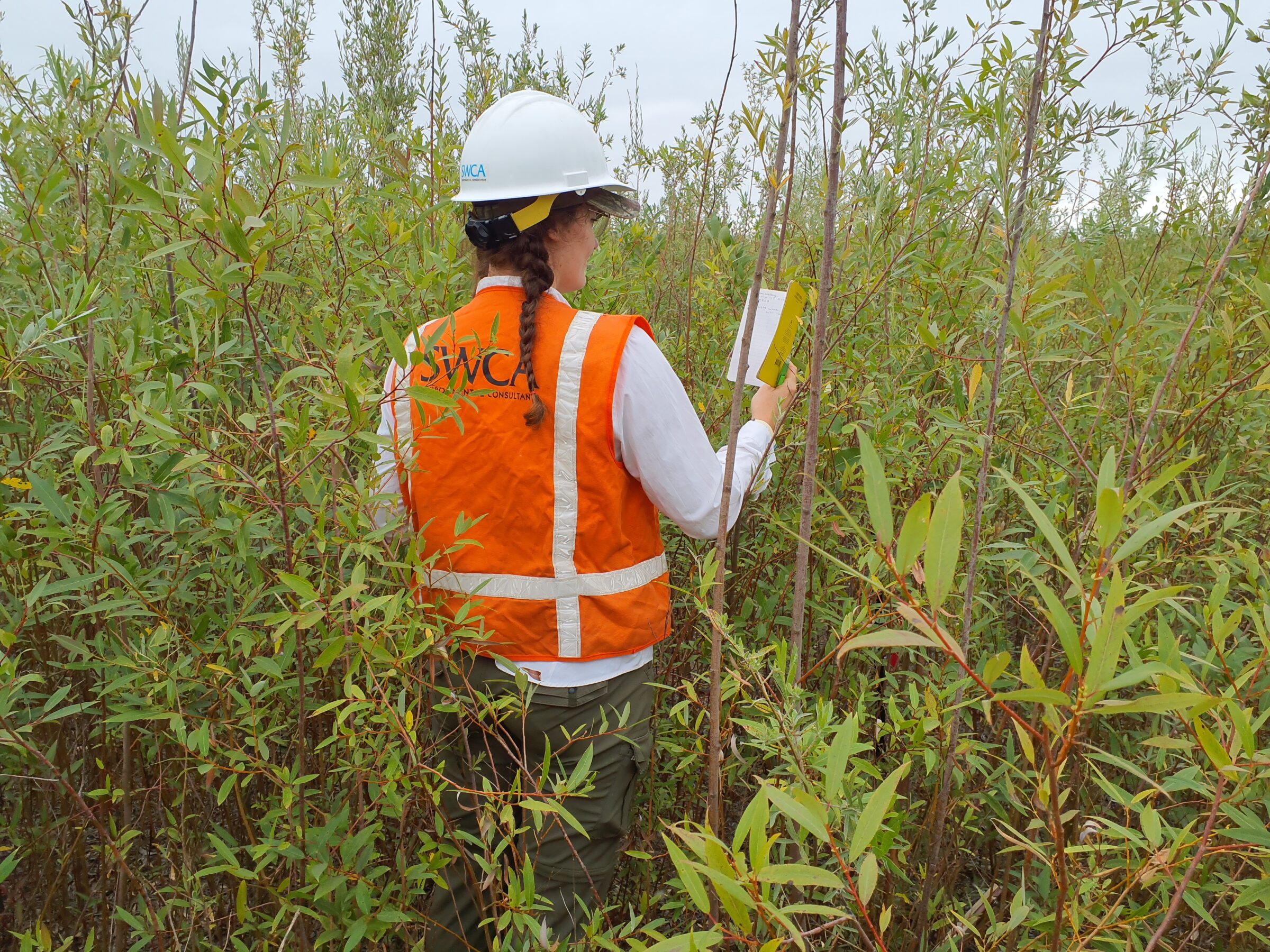
Across the U.S., coastal wetlands are experiencing severe losses. Coastal wetlands include freshwater and saltwater wetlands that can spread for miles beyond the coast into inland areas. These wetlands are critical to the wellbeing of the environment and the people who live near them. Wetlands play a significant role in protecting upland areas from flooding, filtering water before it reaches the ocean, providing habitats for threatened and endangered species, and preventing coastline erosion.
With rising sea levels, storms, and urban and rural development, maintaining and protecting our coastal wetlands is vital to maintaining the environment.
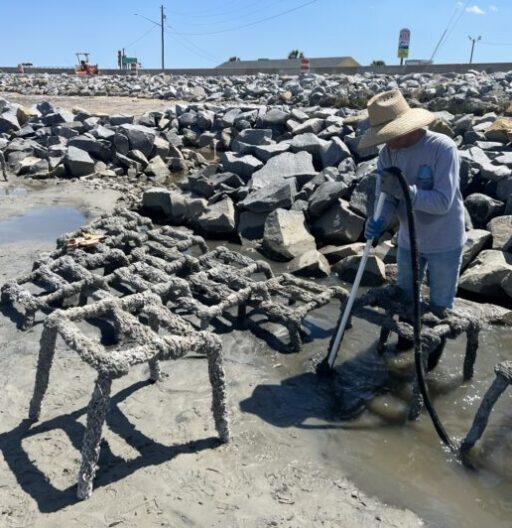
Habitat loss and fragmentation pose significant threats to biodiversity and ecosystem health. Effective habitat planning is essential to support species conservation and ecological connectivity. SWCA’s habitat planning services involve strategic assessment and design to create and maintain habitats that support diverse species and ecological functions. Our experts collaborate with stakeholders to develop comprehensive plans that address habitat needs, integrate scientific research, and incorporate community input. By fostering sustainable solutions, we ensure thriving ecosystems that contribute to the overall resilience of the environment.
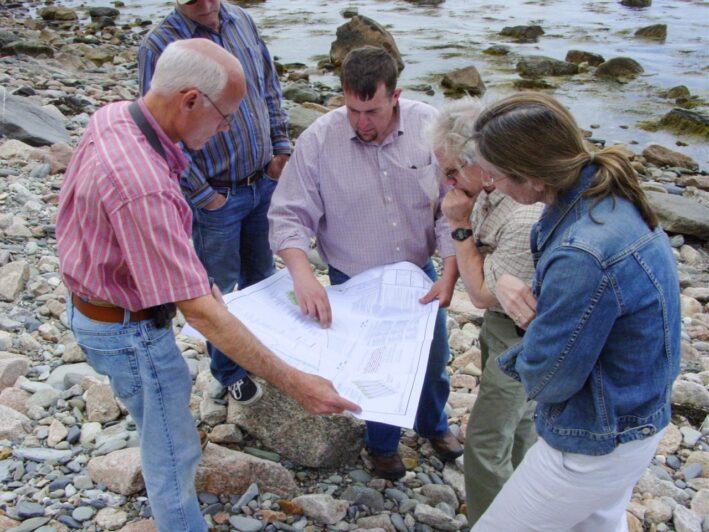
Development and land-use changes can have adverse impacts on ecosystems, necessitating effective mitigation strategies to ensure environmental sustainability. SWCA’s mitigation services are designed to help clients achieve regulatory compliance while promoting ecological preservation. Our experts develop and implement mitigation plans that restore, enhance, and protect habitats, ensuring no net loss of biodiversity and ecosystem function. By balancing development needs with environmental stewardship, we foster long-term sustainability and resilience.
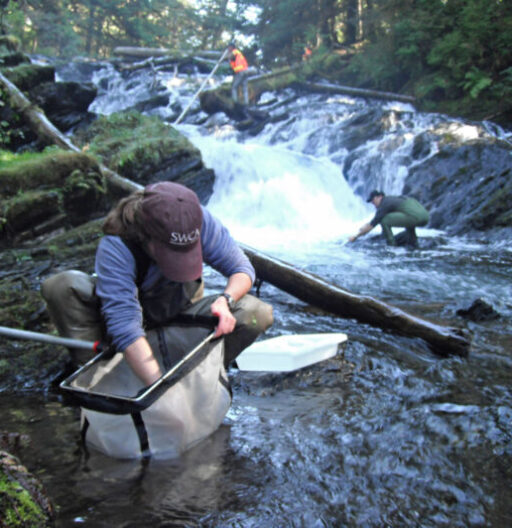
As environmental challenges become increasingly complex, nature-based solutions offer innovative and effective approaches to sustainability. SWCA leverages the power of natural processes to address issues such as climate change, habitat degradation, and water management. Our team designs and implements strategies that integrate natural systems into both urban and rural landscapes, promoting biodiversity and enhancing ecosystem services. These solutions provide sustainable benefits to communities, offering cost-effective and resilient alternatives to traditional engineering approaches.
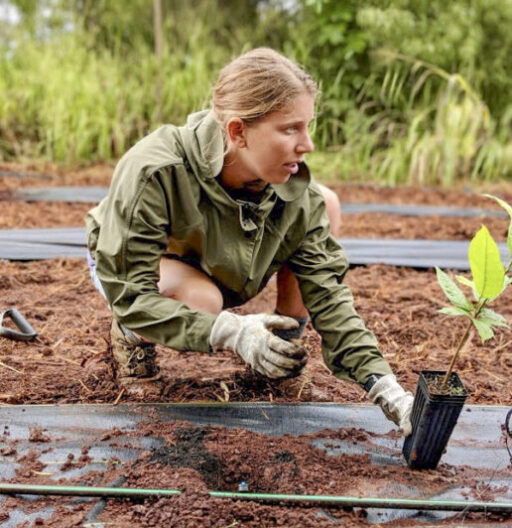
Environmental changes and disturbances, such as climate change and natural disasters, require proactive resiliency planning to protect communities and ecosystems. SWCA’s resiliency planning services help assess vulnerabilities and develop strategies to enhance adaptive capacity and reduce risks. Our experts incorporate climate change projections and local knowledge to build resilient systems that can withstand future challenges. By promoting long-term sustainability, we ensure that both natural and human systems are prepared for evolving environmental conditions.
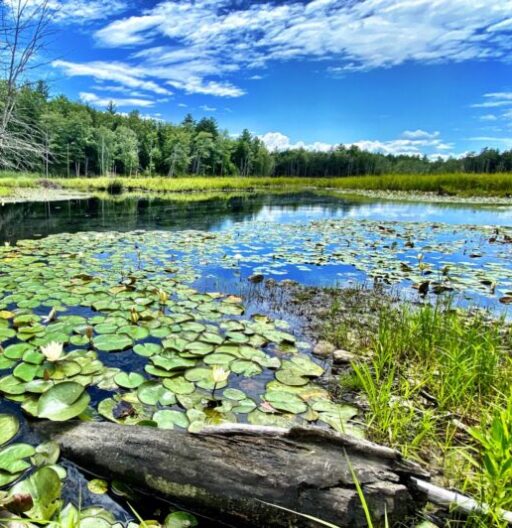
River systems and aquatic habitats face significant challenges from outdated infrastructure and altered hydrology. SWCA’s restoration engineering and dam removal services focus on reconnecting river systems and restoring natural water flow. Our multidisciplinary team designs and implements projects that improve water quality, enhance fish passage, and restore aquatic habitats. By removing disruptive infrastructure, we promote ecosystem recovery and resilience, benefiting both wildlife and communities.
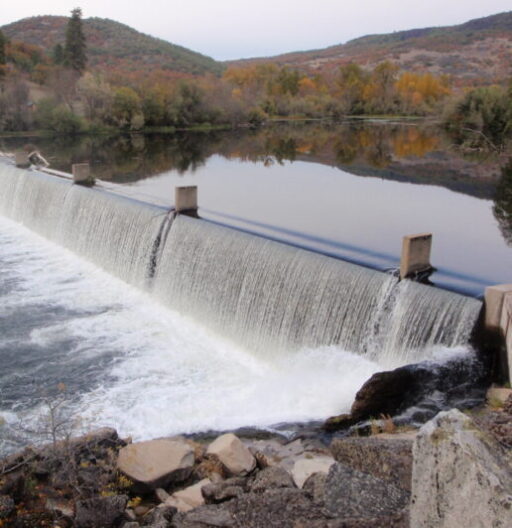
Vegetation dynamics play a crucial role in ecosystem health and resilience. SWCA provides comprehensive vegetation management planning to maintain and enhance plant communities across diverse landscapes. Our experts assess vegetation conditions and develop management strategies that promote ecological health, prevent invasive species, and support habitat restoration. By aligning management practices with ecological objectives, we ensure sustainable and resilient ecosystems that contribute to overall environmental wellbeing.
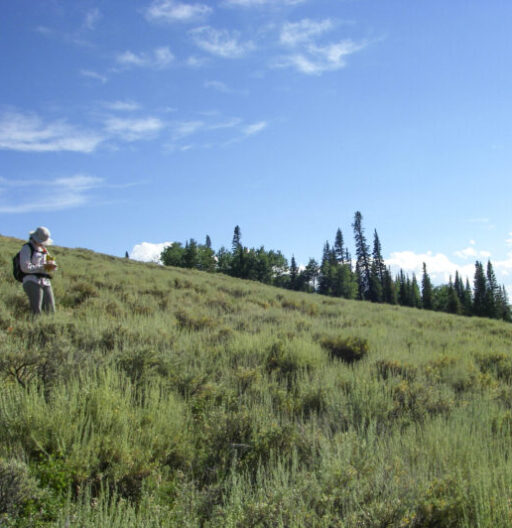
Tony has over 20 years of experience working in the construction, design/ build, energy, renewables, water resources, mitigation/conservation banking, and reclamation industries.

As the Chicago office Restoration Ecology Director, Ryan Allison is responsible for designing, managing, and implementing large and technically complex habitat restoration projects. His clients include an assortment of dredging and marine construction contractors, corporations, non-profit organizations, and various government entities. Recently, Ryan has managed restoration projects associated with large dredging operations on the Grasse, Hudson, and Buffalo rivers in New York. He is currently overseeing large-scale habitat restoration projects in Michigan and Maine.
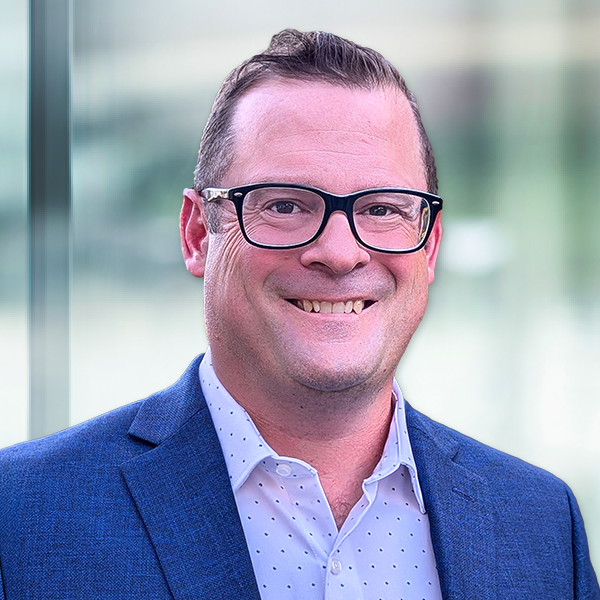
Lindsay Teunis brings more than 20 years of experience in ecology and restoration. She primarily manages complex multi-benefit natural resources projects, particularly those requiring mitigation strategies to maximize dollars on the ground and streamline permitting. Lindsay excels in creating collaborative environments that bring together diverse expertise for restoration facilitates team building, partnerships, consensus, and a multidisciplinary approach. She specializes in wetland habitat assessment and restoration design, implementation, and monitoring, including development of long-term monitoring and management. Lindsay has strong working relationships with resource agency staff, a personal philosophy on holistic multi-benefit ecological restoration, and high standards for quality and client satisfaction. She prides herself on her ability to engage consultants, agencies, municipalities, and non-profits to create teams that are best suited for the task at hand.

Matt has over 30 years of experience as a civil engineer, he’s participated in the assessment, design, permitting, implementation and monitoring of numerous restoration and fish passage projects throughout the Western US.
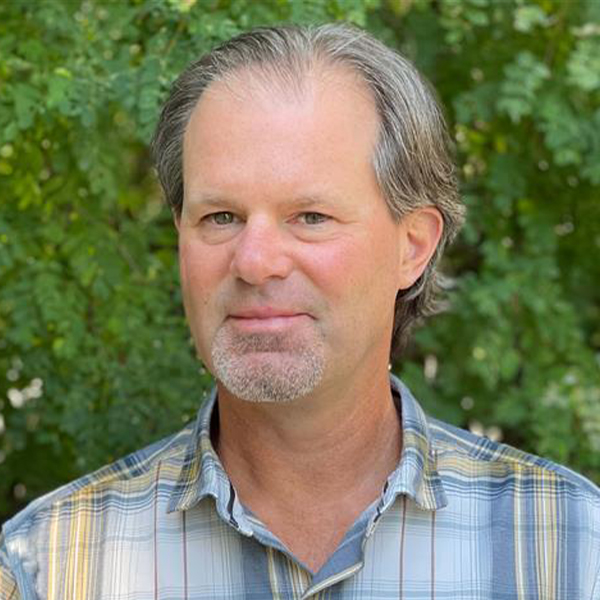
Troy has over 25 years of experience in aquatic habitat enhancement, fish passage, and regulatory compliance in Oregon, Montana, and Idaho. He collaborates with clients to improve stream habitat and watershed connectivity for fish species.
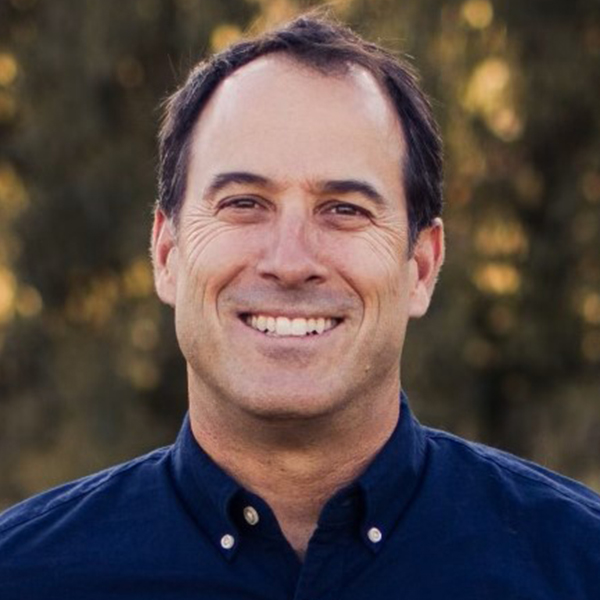
As a principal investigator and soil ecologist, Dr. Bengtson works with stakeholders to solidify restoration strategies. Her background in applied soil ecology has contributed to 16 peer-reviewed publications, informing sustainable ecosystem management.

With more than 20 years of experience, Dr. Nate Wojcik provides a wide range of ecological and environmental research services to clients in the renewable energy, oil and gas, transmission, mining, and land development industries.
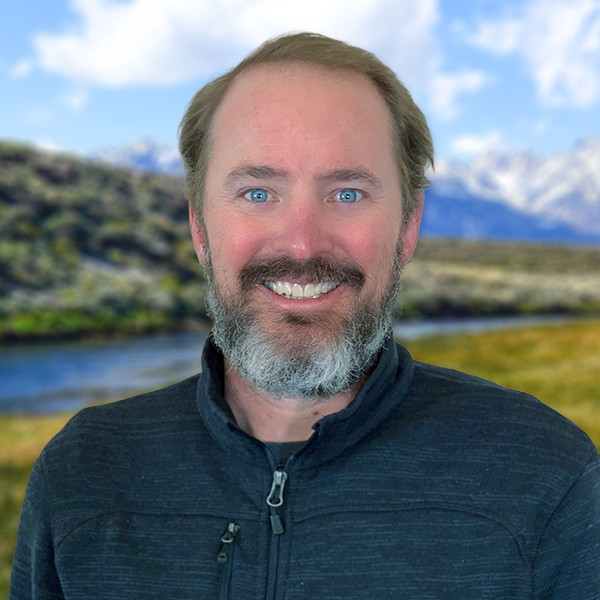
With expertise in wetland ecosystems, invasive plant management, and ecological restoration, Naomi manages climate-driven projects at SWCA, including, ecosystem assessment, climate resilience, and ecological restoration.

Josh has more than 16 years’ experience working on site stabilization, renewable energy, and ecosystem restoration projects across the country. He has spent much of his career in North Carolina and South Carolina serving both private- and public-sector clients. Josh works on a variety of projects, including solar site stabilization, solar site hydrologic and hydraulic modeling for stability analysis, floodplain vegetation/stabilization, stream and wetland restoration, and resiliency planning. Josh has extensive experience acquiring federal, state, and local permits for his projects, especially erosion and sediment control and stormwater permits such as NPDES Phase II permits, 401 Water Quality Certifications (WQC), and state and local land disturbance permits. All of his projects also have a revegetation component. Revegetation components are typically based on an appropriate nearby reference community and developed to restore the appropriate strata (canopy, understory, shrub, and herbaceous layers) for the site.
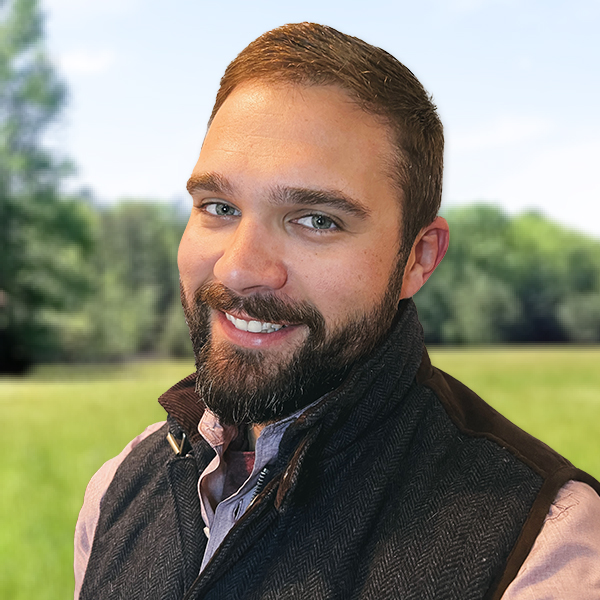
SWCA's services include riparian restoration, wetlands, stream design, fire restoration, and more.
Restoring hydrology and fluvial processes across 300 acres in south San Diego County.
Long term monitoring will help provide valuable insight for large-scale river restoration.
Deep in the woods of South Carolina, native vegetation and aquatic wildlife begin to flourish.
Subscribe to The Wire, SWCA’s quarterly newsletter that delivers the latest industry news, important regulatory updates, local events, and more straight to your inbox.